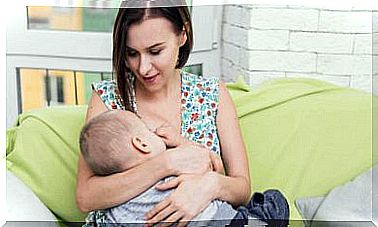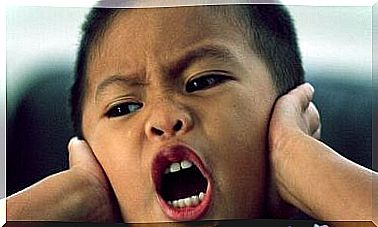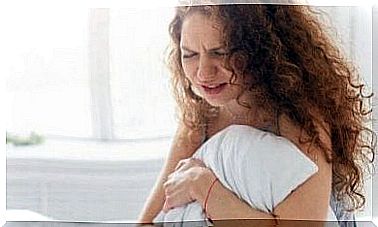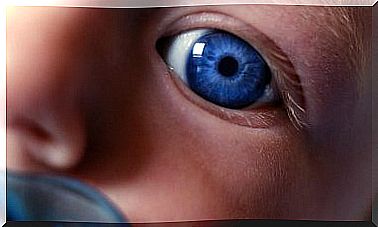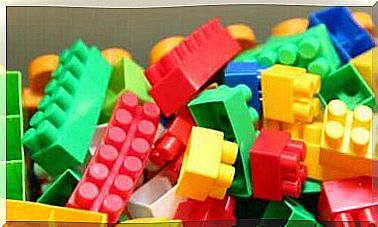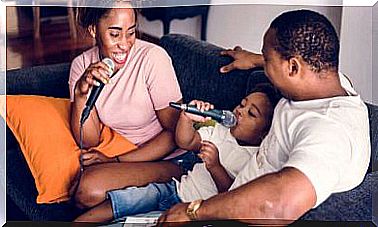How To Recognize Appendicitis In Children
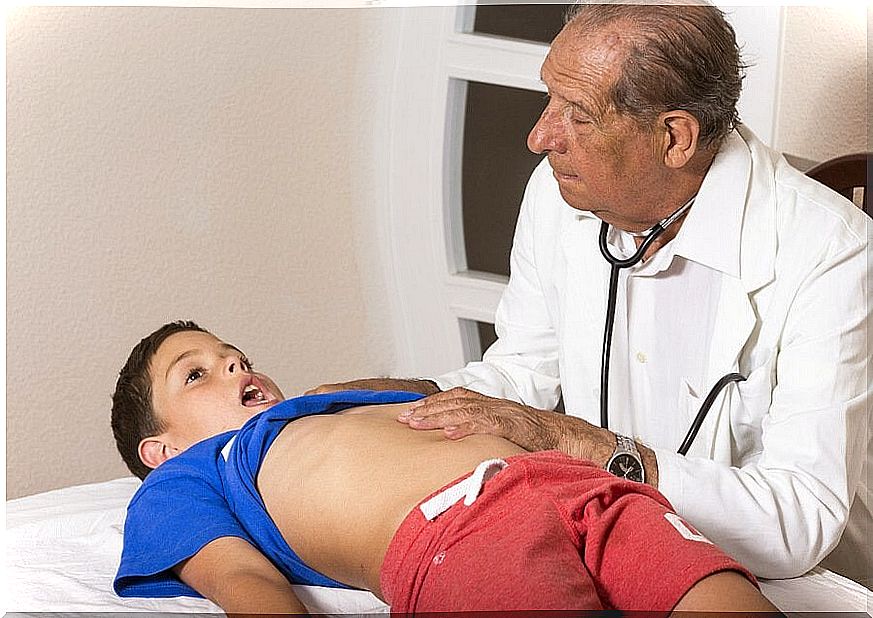
When it comes to identifying appendicitis in children, you cannot compare the symptoms to those of adults. Loss of appetite, dizziness and vomiting are not exclusive indicators of this condition.
The diagnosis of appendicitis in children is not simple. The symptoms of appendicitis in children are very similar to those of other diseases such as gastroenteritis, food poisoning or respiratory disorders.
In only 33% of the cases the patients suffered from the described symptoms. That is why it is necessary to be prepared so that you can recognize certain symptoms.
What is appendicitis?
Appendicitis is an inflammation of the appendix of the appendix and often occurs because this appendage is clogged. This can be caused by hardened stools, an infection or inflammation of the lymph nodes located in the gut.
It is a serious condition when the appendix ruptures. When this happens, bacteria are released into the abdominal cavity. This can lead to a serious infection.
In newborns, from 0 to 30 days of age, a number of cases have been found that are very dangerous ; the diagnosis of 80% of these babies was not made until the autopsy. However, most cases occur between the ages of 15 and 30.
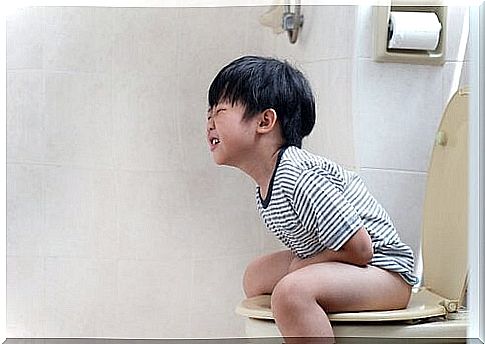
Because the symptoms are difficult to associate with appendicitis, medical attention is important. Between 20 and 30% of pediatric studies show a rupture of the appendix.
For physiological reasons, the spread of infection after rupture of the appendix is very dangerous. That is why peritonitis is seen as a serious disease that in some cases can be fatal.
Recognizing appendicitis in children
In reality, appendicitis is uncommon in children. This is mainly why the symptoms are often confused with symptoms of other diseases. It is necessary to pay particular attention to abdominal pain, as it is one of the most obvious symptoms.
Pain in the appendix starts around the navel area and after a few hours spreads to the right and down, towards the lower abdomen. The first thing you need to do is determine the severity of the pain. If the child feels pain, but continues to play, eat and laugh, it is probably not so serious.
If the child complains of pain that limits his normal functions, it is necessary to go to the emergency room immediately. In some cases, children with appendicitis complain of pain in the right leg, this is due to the pain reflex.
Warning Signs
In addition to abdominal pain , it is necessary to pay attention to other signs. These symptoms are:
- abdominal pain. Pain in the abdomen is accompanied by vomiting blood. You can also find blood in the stool.
- Vomiting green liquid. This fluid could be bile, a sign of a twisting or blockage of the stomach or intestines. In this case, you are dealing with a real emergency.
- A swollen abdomen. This can be caused by appendicitis, but also by other diseases.
- Pain when you press on his stomach. Especially if you apply pressure and then suddenly let go. This pain usually means that the parietal peritoneum, the membrane that lines the walls of the abdomen, is inflamed.
- Lie in the fetal position. This occurs when a child complains of abdominal pain and lies on his side with his legs to his stomach.
- Difficulty keeping good posture while walking : If the child complains of abdominal pain and bent over.

Treatment of appendicitis
To treat appendicitis in children, the appendix must be removed. If it hasn’t cracked, you’ll be given antibiotics to reduce and eliminate the infection. If the appendix is ruptured, in addition to removing it, you should pay close attention to the peritoneal cavity, that it is also clean.
Once the bacteria from the appendicitis are gone, more extensive surgery is needed. The goal is to make sure that the bacteria present does not spread to other parts of the stomach and cause a serious infection.
Children with a ruptured appendix need to stay longer in the hospital . It is important to receive intravenous antibiotics because the chances of infection are very high.
